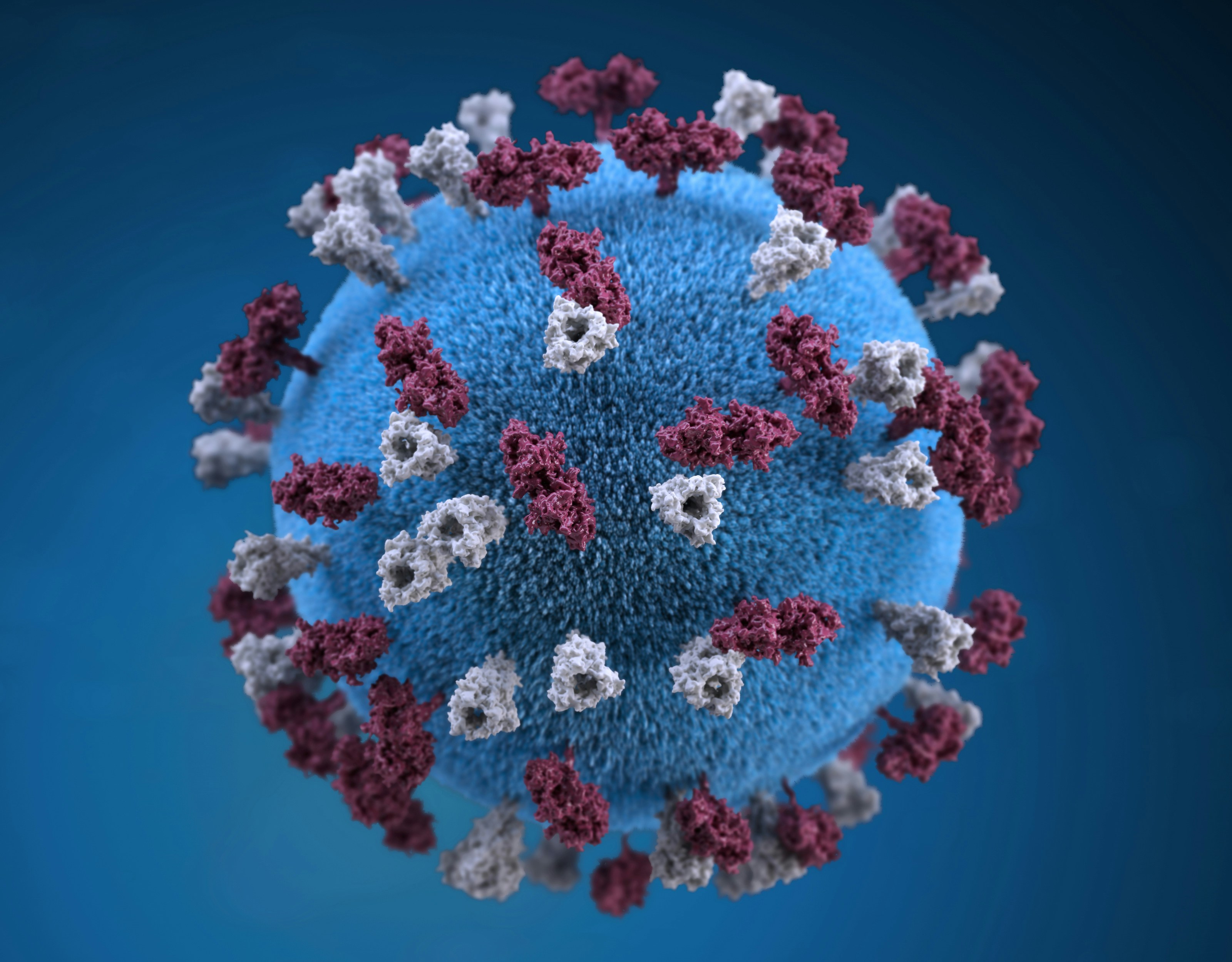Alzheimer's Research Advances with New Findings
Recent studies shed light on Alzheimer's disease mechanisms, offering hope for future therapeutic developments.
Tuesday, April 29, 2025
A wave of groundbreaking studies is reshaping our understanding of Alzheimer’s disease, offering unprecedented insights into its biological mechanisms and fueling optimism for transformative therapies. From the role of toxic protein clusters to immune system dysfunction, these discoveries are challenging long-held assumptions and opening new pathways for treatment. With over 6.7 million Americans living with Alzheimer’s and global costs exceeding $1 trillion annually, the urgency for effective interventions has never been greater.
Key Discoveries in Disease Mechanisms
Tau Protein “Spreading” Mechanism:
A study in Nature revealed how tau tangles, a hallmark of Alzheimer’s, propagate through the brain via synaptic connections. Using advanced imaging, researchers tracked tau’s spread from the entorhinal cortex to memory centers, explaining disease progression.
Implication: Blocking tau transmission could halt cognitive decline.
Amyloid Beta and Blood-Brain Barrier Leaks:
Research in Science Translational Medicine identified leaky blood-brain barriers in early-stage patients, allowing neurotoxic amyloid-beta proteins to infiltrate brain tissue. This “vascular gateway” theory shifts focus to vascular health in prevention.
Microglial Malfunction:
A Cell study found that overactive microglia (brain immune cells) in Alzheimer’s patients destroy healthy synapses, mistaking them for pathogens. Inhibiting the TREM2 receptor reduced synaptic loss in mice.
Gut-Brain Axis Link:
Nature Aging linked gut microbiome imbalances (e.g., low Bacteroides) to increased amyloid plaques, suggesting probiotics or diets like the Mediterranean could mitigate risk.
Therapeutic Breakthroughs
Anti-Amyloid Drugs Show Promise:
Donanemab: Eli Lilly’s Phase III trial reported a 35% slowdown in cognitive decline in early-stage patients, with full amyloid clearance in 52% of participants after 18 months.
Lecanemab: Approved by the FDA in July 2023, this anti-amyloid antibody reduced cognitive decline by 27% but raised concerns about brain swelling (ARIA-E) in 13% of recipients.
Tau-Targeted Therapies:
ACI-35.030: A vaccine triggering antibodies against phosphorylated tau is in Phase II trials, showing reduced tangles in cerebrospinal fluid.
Antisense Oligonucleotides (ASOs): These RNA-based drugs, tested by Ionis Pharmaceuticals, silenced tau production in early human trials.
Inflammation and Neuroprotection:
Semorinemab: An anti-tau antibody showed 44% slower decline in daily living skills in a Roche trial.
NLRP3 Inhibitors: Drugs targeting inflammatory pathways (e.g., sarodutide) reduced neurodegeneration in preclinical models.
Lifestyle Interventions:
The FINGER-2 trial demonstrated that combining diet, exercise, and cognitive training reduced dementia risk by 30% in high-risk groups.
Diagnostic Advances
Blood Biomarkers: A JAMA study validated phosphorylated tau-217 (p-tau217) blood tests as 96% accurate in detecting amyloid plaques, enabling earlier diagnosis.
AI-Driven Prediction: MIT’s machine learning model analyzes speech patterns to predict Alzheimer’s 6–8 years before symptoms, with 85% accuracy.
Challenges and Controversies
Amyloid Debate: Critics argue amyloid-targeting drugs offer modest benefits with high risks. The AHEAD 3-45 trial is testing whether pre-symptomatic amyloid clearance prevents dementia.
Equity Gaps: Only 8% of clinical trial participants are Black or Hispanic, despite higher dementia rates in these groups.
Future Directions
Combination Therapies: Trials pairing amyloid/tau drugs with anti-inflammatories (e.g., ALZ-801 + sargramostim) aim to amplify efficacy.
Gene Editing: CRISPR-based approaches targeting the APOE4 gene (a major risk factor) are in preclinical stages.
Preventive Vaccines: Researchers at Brigham and Women’s Hospital are testing a vaccine to stimulate amyloid-clearing antibodies in healthy adults.
Expert Insights
Dr. Reisa Sperling (Harvard): “We’re moving from reactive to preventive care. The next decade will focus on treating Alzheimer’s before memory loss.”
Dr. Maria Carrillo (Alzheimer’s Association): “These findings validate decades of research, but accessibility remains critical. A cure must reach everyone.”
Conclusion
Alzheimer’s research is at a pivotal crossroads, with science unraveling the disease’s complexity and innovative therapies nearing reality. While challenges persist—from equity to safety concerns—the convergence of biomarkers, lifestyle insights, and targeted drugs heralds a future where Alzheimer’s transitions from a terminal diagnosis to a manageable condition. As investments surge and trials accelerate, hope is no longer a distant concept but a tangible horizon.




